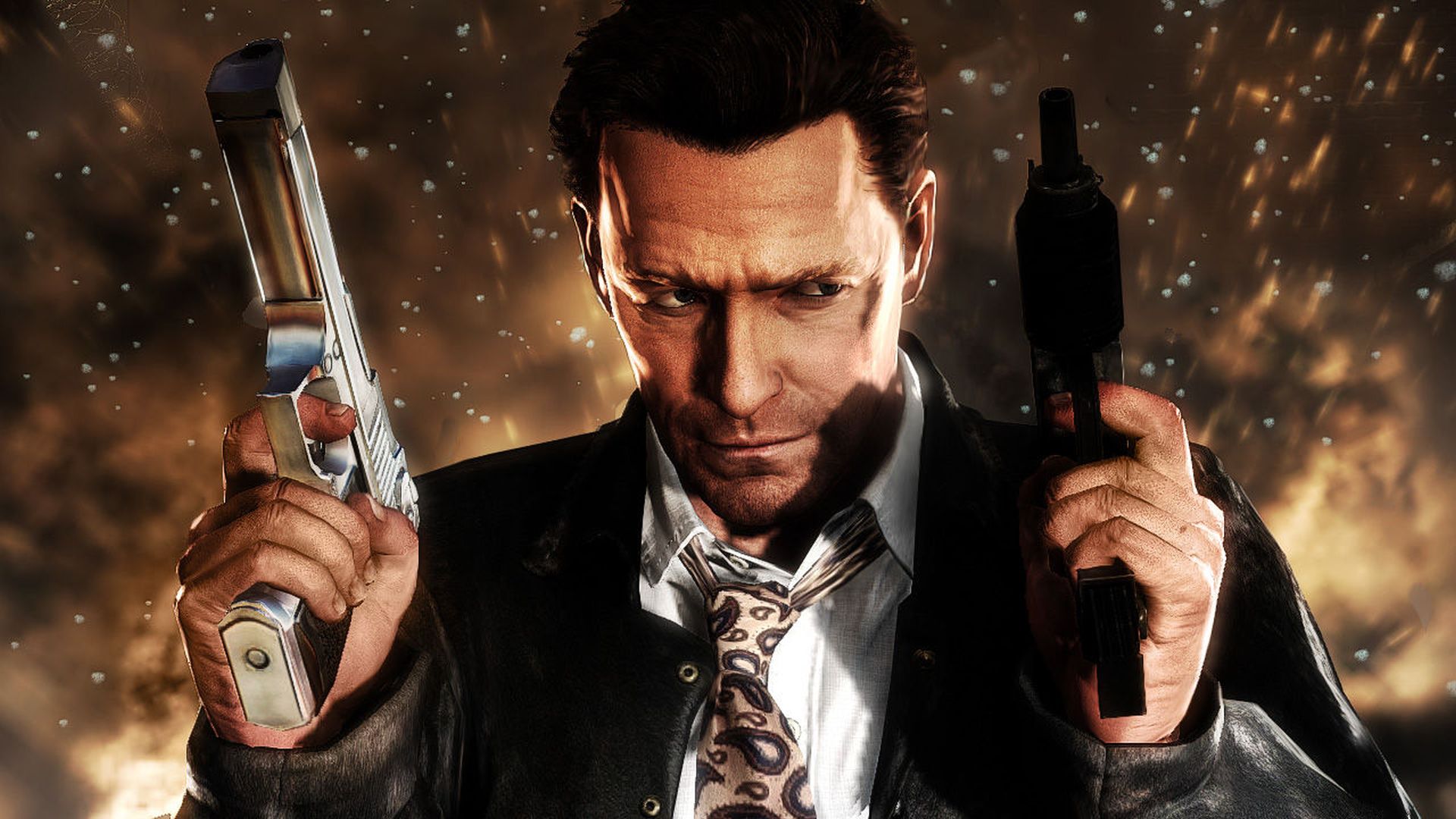
Flames lick at Max Payne’s scared and soot-covered face. The modern-looking office of his (now dead) employer has not only been invaded by a paramilitary unit, but is now burning, thanks to the copious amounts of C4 that were just detonated.
If getting flung from a window by an explosion is usually the lowlight of someone’s day, for Max, it barely registers as an inconvenience. Just another cosmic joke which he finds himself the punchline of, as he stumbles into the next gunfight. But while Max Payne’s terrible, horrible, no good, very bad day might be hellish for him, for me, it’s an invigorating reminder of what developer Rockstar Games is capable of.
Returning to Max Payne 3 – which, somewhat unbelievably, turned 10 this year – is an eye-opening experience. I fully expected to go in and yearn for the freedom that Rockstar has built its reputation on providing. After a few fun dives with uzis rattling in Max’s hands, my thirst for this brand of melancholic ultra-violence would be quenched.
But, in mimicry of the hero’s punishing relationship with Mr. J Daniels, I couldn’t resist a few more chugs of this industrial ballet of bullets. Instead of pining for an open world and all the choices that entails, I experienced a minor revelation – remembering what Rockstar’s eye for flair brings to games that aren’t sandboxes.
Payne-ful memories
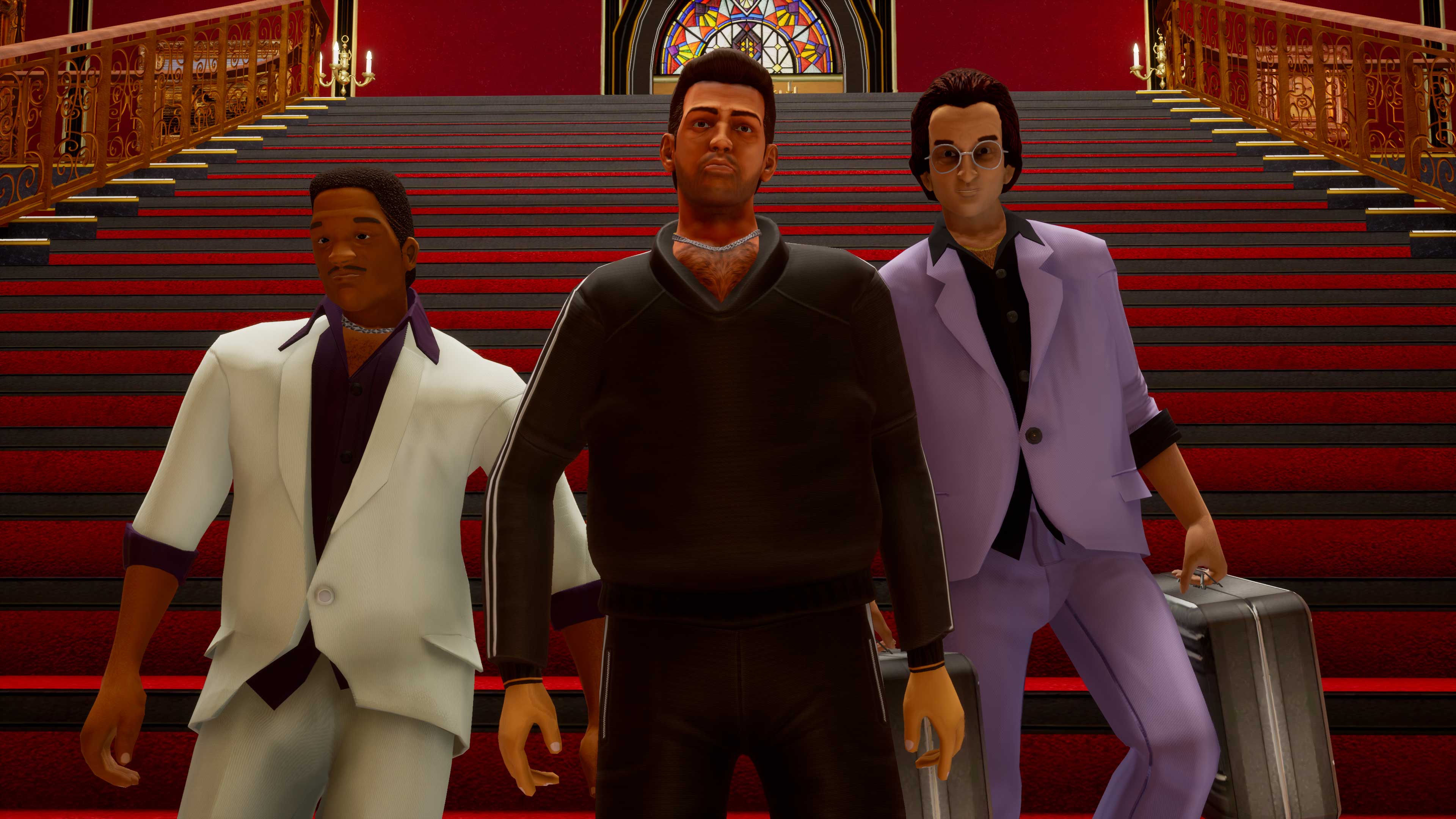
Which begs the question: what happened to these Rockstar games? From the start of the PS2 era, Rockstar would launch a GTA, then follow it up with a game that deliberately tried something different, introducing concepts or ideas that could later be refined or repurposed in its big hitters. While this approach might have been born out of necessity rather than creativity early on, a rundown of its output shows why a new game from the publisher always felt like an event.
Bully helped Rockstar find a more approachable and sweet tone when it came to its signature open worlds
After Vice City’s neon playground came Manhunt’s video nasty edginess, where Rockstar North started to dabble in horror and stealth. Following on from San Andreas was the likes of The Warriors, that perfectly captures the gang spirit of the cult film.
Then there's the beloved Bully, which helped Rockstar find a more approachable and sweet tone when it come to its signature open worlds. And Rockstar Table Tennis, which gave the developer a platform to experiment at the start of the Xbox 360 life cycle.
Get daily insight, inspiration and deals in your inbox
Sign up for breaking news, reviews, opinion, top tech deals, and more.
That last game literally laid down the foundations of the RAGE engine that GTA 4 would later stand proud on. Hell, in 2009, Rockstar also released Beaterator for PSP, a music mixer game in collaboration with 2000’s pop chart tyrant Timbaland. A niche title maybe, but one that was at least indicative of the studio’s willingness to try out new things.
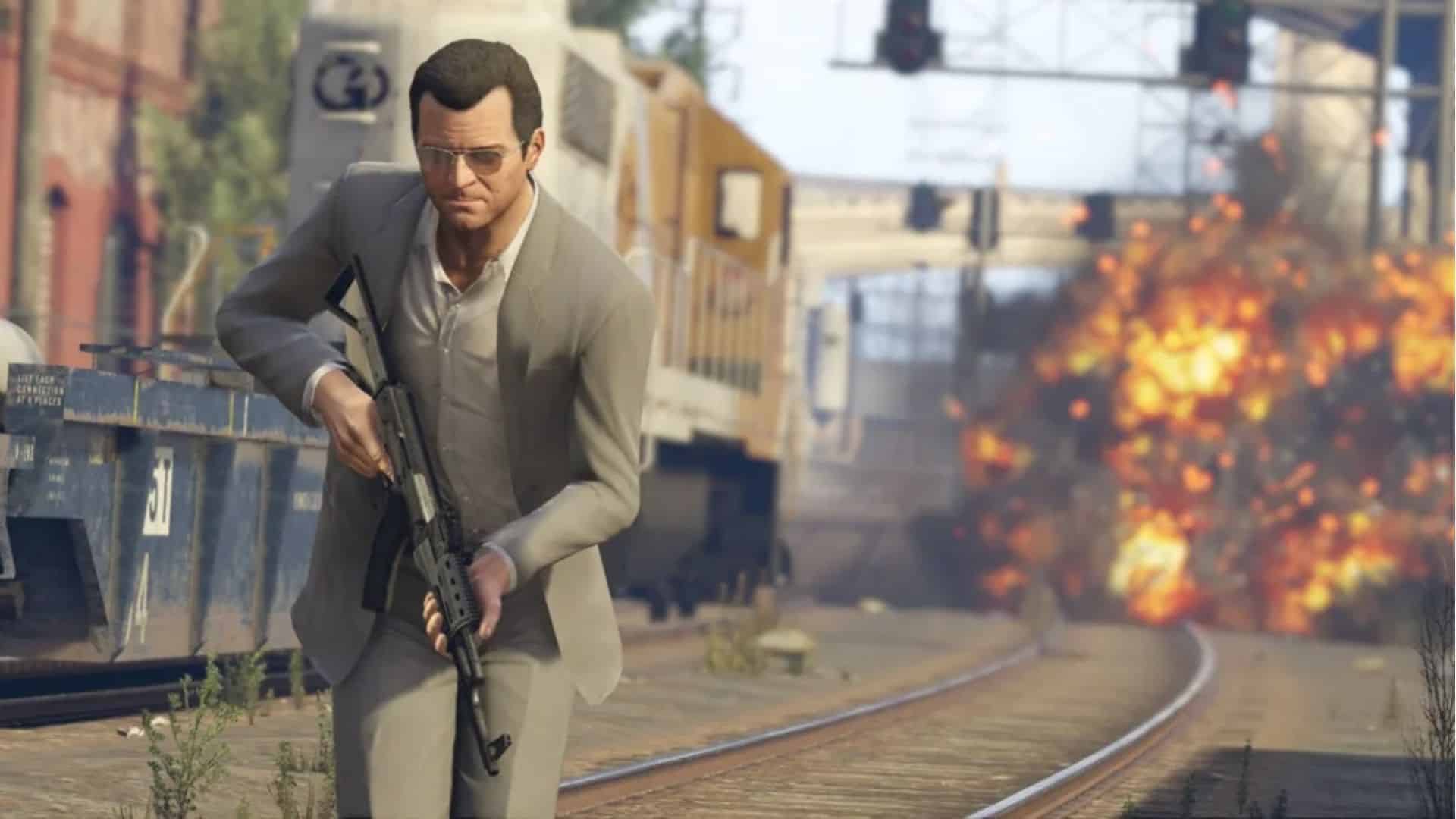
But since the launch of GTA 5, the company’s catalog has narrowed. In the decade since Los Santos's debut, only Red Dead Redemption 2 stands out as a ‘new’ Rockstar game, with remakes and remasters forming the majority of its output since.
While there’s no doubting Red Dead 2’s obvious and impressive quality, but outside of its more somber tone it’s not exactly a gear shift in the mode of ‘stealth horror that makes the UK tabloids lose their minds’.
Max Pay-out
Of course, the billion-dollar elephant that’s been staring at me as I run through Rockstar’s history is GTA Online. The multiplayer component to GTA 5 is a sprawling and all-consuming world unto itself. And it’s not as if Rockstar doesn’t regularly introduce new campaigns, modes, or updates to GTA Online either.
There’s certainly an argument to be made that we’ve had plenty of Rockstar experiments in recent years – they’ve just arrived in Los Santos’s online metropolis, instead of their own little package. But I’m not sure I’m convinced. Whether you’re running a nightclub or seeing a digital Dr. Dre turn up, the backdrop and underlying design remain incredibly familiar.
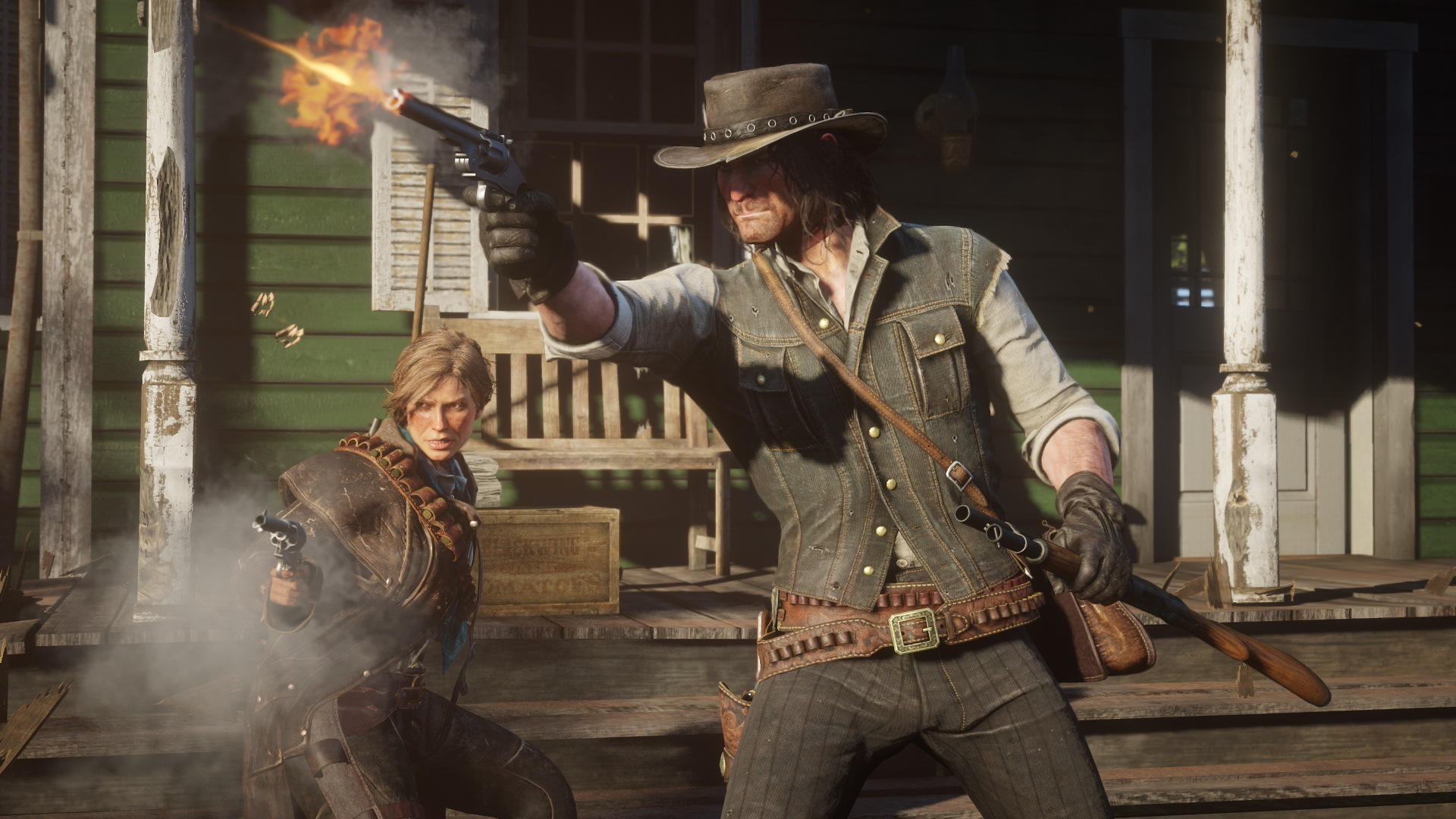
And yes, it also rakes in a fairly hefty chunk of change, which must make the idea of taking a risk with a new 15-hour action game that might be played once seem ludicrous.
But then, wasn’t that the thrill of seeing Rockstar put down the sandboxes and build something different? It’s not that its non-GTA games were better – but the same level of detail that made those open worlds course with life enhanced Rockstar’s other ideas. And in turn, those games fed back into its tentpoles.
These offshoots, whether it’s in tone or systems, have benefitted the bigger stuff
It’s hard not to feel the heft of Max Payne – weary and trundling – in GTA 5’s character movement. Or to see where LA Noire’s dialogue-heavy approach was spun off into Red Dead 2’s comprehensive verbal interactions. You can even draw a line from the giddy rug-pull of Rockstar Table Tennis to the array of minigames that help light up Los Santos. These offshoots, whether it’s in tone or systems, have benefitted the bigger stuff.
No company for old men
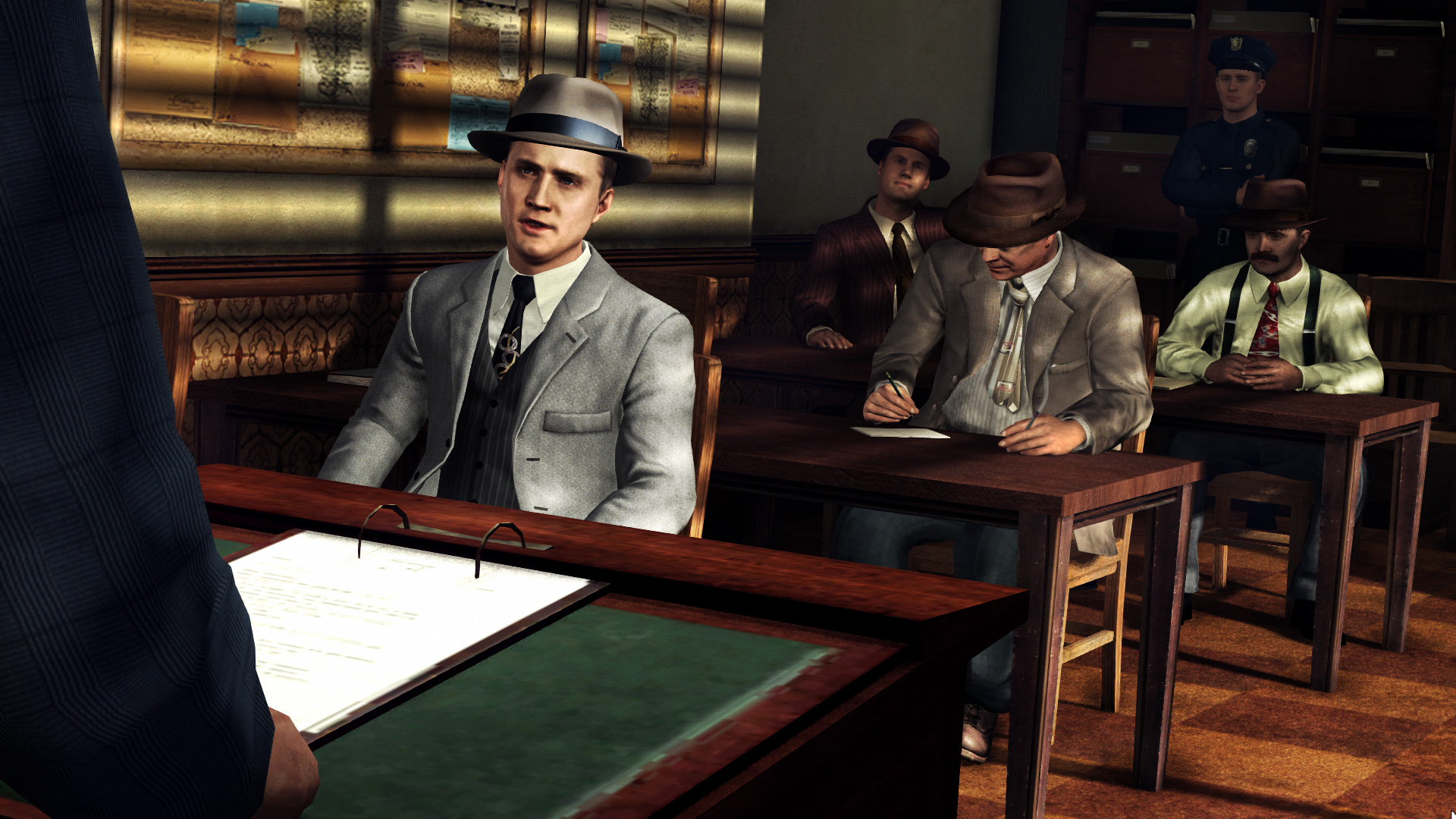
Perhaps this is all a byproduct of major changes at the top of the company. First, there was the acrimonious departure of powerful producer Leslie Benzies in 2016 - who has credits on Manhunt, LA Noire, and Max Payne 3, as well as a host of GTA games.
Then, Dan Houser, one of the company’s founders, left in 2020. Unusually for an executive, Houser’s credits tended to be as a writer on games as varied as Smuggler’s Run 2, Max Payne 3 and Red Dead Redemption 2. With chairs shifting at the top of the hierarchy, maybe the appetite to push in different directions just isn’t what it used to be.
Whether it’s the money from GTA Online, the departure of key figures, or just the desire to focus on the hits, it feels that Rockstar has lost a little of its mystique in the decade since GTA 5.
As with plenty of aging bands, the gaps between releases are getting longer, and the results are starting to sound pretty similar. With GTA 6 likely to remain a mystery for a good while yet, Rockstar could rediscover some of the old magic by heading back to its b-sides era and experimenting once more.

Ben Tyrer has been working in the games industry since 2013, after graduating from Bournemouth University with a degree in multimedia journalism. Since then he's worked for Official PlayStation Magazine as a staff writer and games editor, GamesRadar+ as news editor, and has written for Official Xbox Magazine, Edge, PC Gamer, GamesMaster, PCGamesN, and more.